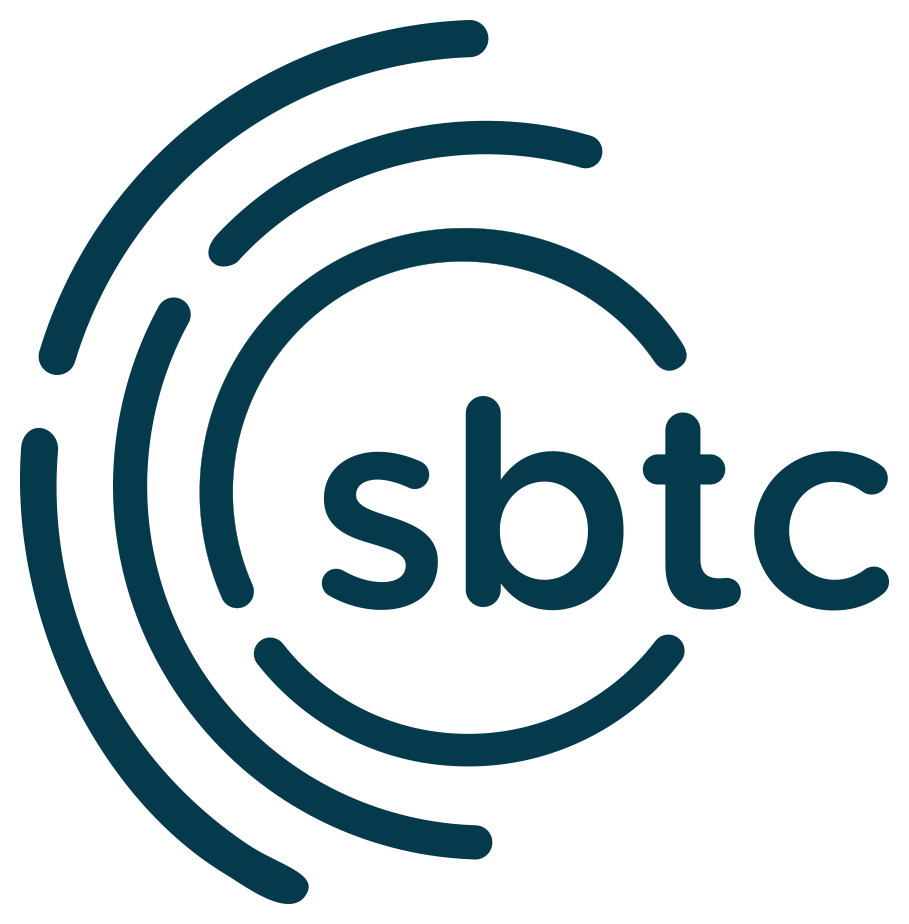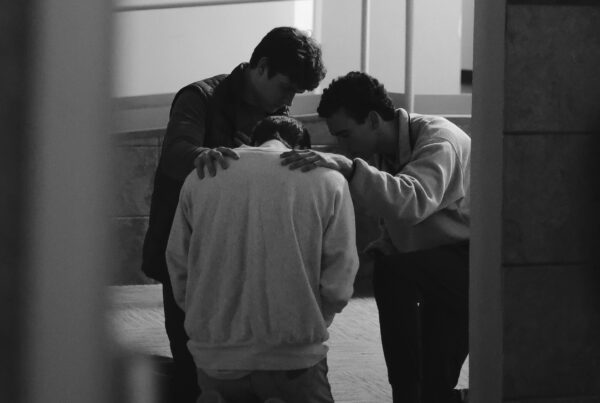If you’re like me, you’re tempted to think that the way to make a large, lasting impact for the Kingdom on your campus is to do more for more people. As our college ministry grew, the temptation I felt tugging on me the most was to do more things that will draw more people in. And part of that isn’t bad. We did “big” things and reached a lot of people and I praise God for that. But looking back I have noticed my biggest impact as a minister wasn’t made in the big and fast, but in the small and slow. This is probably more true than it’s ever been given the limitations put on us and our ministries by COVID-19.
I have also noticed that many of the lessons I’ve learned about making an impact have always been right in front of me in the Gospels. The life of Jesus is a beautiful picture of how to change the world in the most counterintuitive way.
Here are three lessons I’ve learned from Jesus about changing the world.
Do Less More Effectively
Have you noticed how laser-focused Jesus was? Jesus had hundreds of people following him around, each bringing their problems and needs with them. But Jesus was focused on what he came for. When folks in Capernaum tried to get him to stay and keep healing them, he told them, “I must preach the good news of the kingdom of God to the other towns as well; for I was sent for this purpose,” (Luke 4:43). Over and over again Luke weaves into his narrative small mentions of the fact that Jesus “had his face set toward Jerusalem” (Luke 9:51). By that he means the cross. Jesus knew his purpose in the world and was focused on fulfilling it.
Now, this doesn’t mean that Jesus was unavailable. He didn’t have blinders on keeping him from seeing the other ministry opportunities along the way. He stopped what he was doing to help the bleeding woman even when he didn’t need to (Luke 8:43-48). He went out of his way to go through Samaria to meet the woman at the well (John 4). Jesus allowed himself to occasionally be pulled in a different direction. But he never lost focus on what he was ultimately there to do.
The fact is you can’t do everything for everyone. And your campus doesn’t need you to. God has you where he has you for a specific purpose that only you can fulfill. Find out what that is (if you don’t know already) and lean into that. Fight the temptation to be everything to everyone and therefore do a lot of things poorly. Do a few things, the things God created you for, really well.
Spend More Time With Less People
I was mentored in college through deep conversations over long rounds of disc golf. It amazed me how much time my college pastor would set aside just to hang out with me. I owe everything to those conversations, and frankly, so do all the college students I’ve impacted.
When I started in college ministry I resolved to do the same thing for the students in my care. I’d spend hours on the disc golf course or sitting at a coffee shop talking to students about the most important things in life. When our ministry grew, I found myself going from long, deep conversations with a few key people to dozens of short conversations with anyone and everyone. My schedule was full, like a therapist’s, of appointments. I won’t say that most of them were meaningless, that’s absolutely not true. But my time wasn’t being used to make the most impact I could. I was exhausted (I’m an introvert) and wasn’t making much of a difference.
I didn’t feel like I had permission to focus on only a few until I realized that’s exactly what Jesus did. Jesus likely had hundreds of people following him around as disciples of some sort, but he spent 90% of his time with twelve (and an even higher percentage with just three). His impact wasn’t made by drawing thousands of people to hear him speak, it was made through long, deep conversations with just a few.
My schedule is still full of appointments with people (though not as full). I have a call on my life to shepherd people and I will always be available to those whom God has called me to steward. But I had to figure out a strategy to get back to spending more time with less people.
For my wife and I, that strategy was giving a handful of students keys to our house. A whole afternoon of disc golf wasn’t really feasible for me. But having students over at our house, as part of our family, was. Now I have those long, deep conversations over the dinner table, while playing games, and while playing with my son (bonus: my son gets to watch and listen).
I’m convinced I will have an impact on more people in my life not by impacting them myself, but by impacting the one who will impact them.
Our strategy might not be the right one for you, but I encourage you to figure out a way to spend more time with less people for a bigger impact.
Slow Down
While I was describing my spiritual life to a friend, who is also in college ministry, he bluntly pointed out that it seemed like my entire relationship with Jesus was wrapped up in my ministry. Maybe you’ve had someone say that to you. I think it’s true of most of us at some point. When I stopped to think about why that was, I realized that my schedule was full of stuff I was doing for God and had little room for time with God. As a result, I was doing a lot of things apart from the Holy Spirit’s leading or power. I was acting on my own. Even worse, I wasn’t growing like I should. I’m not saying that God didn’t redeem my meager efforts and use them in the lives of others, but I wasn’t being the disciple or leader I was called to be.
Jesus regularly retreated to spend time with the Father. He even “escaped” from his ministry to do so. Why? Because he knew that the greatest part of his ministry was abiding. The most important thing you can do for the people you lead is to invest in your own spiritual growth.
But this isn’t just about your spiritual growth. It’s also about who’s ministry it is. To try to do ministry without abiding in Jesus is to try to do ministry by your own power. You might be gifted, but you’re not the Holy Spirit. It’s Jesus’ ministry. Let him do the work. Otherwise, you’re just getting in the way.
Before you think I’m just talking about spending time alone with God on your own time, I want to make it clear that I am talking about during the workday. I try to spend time with God every morning before my son gets up. But I also do my best to spend time with him every day while at “the office.” Carve out time (like for real on your calendar) to abide in Jesus.







